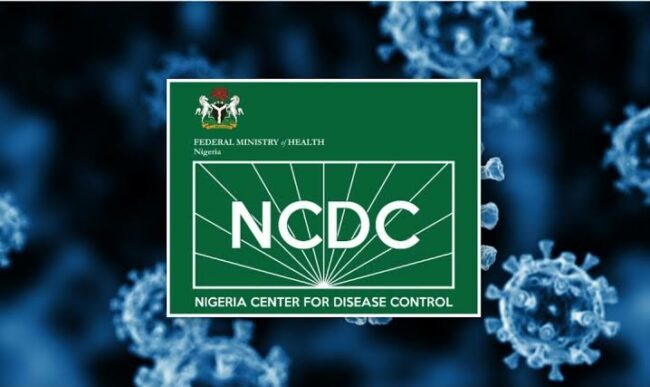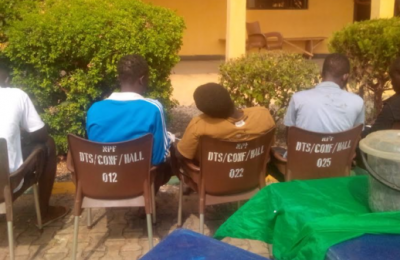The Nigeria Centre for Disease Control and Prevention (NCDC) has announced that it has intensified its response to the ongoing Lassa Fever outbreak, with Nigeria recording 190 deaths from 1,154 confirmed cases in 2024.
The Director General of the NCDC, Dr. Jide Idris, while briefing the media on Monday about the Lassa Fever update, preparedness, and response measures by the agency, disclosed that Nigeria has recorded 9,492 suspected cases, 1,154 confirmed cases, and 190 deaths this year alone.
Speaking further, he expressed concern over the spike in cases, particularly in the last four weeks, and called for urgent interventions targeting high-burden states, including Ondo, Edo, Bauchi, Taraba, Benue, and Ebonyi.
He said, “The case fatality rate remains alarmingly high at over 13%, and we have observed a rise in suspected cases compared to the same period in 2023, possibly due to enhanced surveillance.”
Dr. Idris also highlighted the measures implemented by the NCDC to curb the outbreak and mitigate its impact on communities.
He explained that the Emergency Operations Centre (EOC) has been activated to ensure seamless coordination of control and management efforts using a One Health approach.
Critical infection prevention and control materials, laboratory tools, and diagnostic kits have been distributed to affected states.
The number of Lassa Fever testing laboratories has been increased from nine to 13, with plans for further upgrades.
Dynamic risk assessments are being conducted to tailor interventions to the most affected areas, while prevention messages are being broadcast on local media and rodent control exercises are being conducted in hotspot states such as Edo, Ondo, and Ebonyi.
The Director General stressed the importance of early diagnosis and treatment, noting that early presentation greatly increases survival rates. He urged individuals experiencing symptoms such as fever, headache, muscle pain, and vomiting to visit health facilities immediately.
ALSO READ: ‘Small boy with fake American accent’, Gideon Okeke blasts Jim Iyke
“Lassa Fever, an acute viral hemorrhagic illness, is transmitted through contact with infected rodents or contaminated materials. Person-to-person transmission can also occur through contact with the body fluids of infected individuals,” he explained.
To reduce the risk of infection, the NCDC advised the public to maintain clean environments, block entry points for rodents, store food in sealed containers, avoid open drying of foodstuffs, eliminate rodents using traps and safe methods, practice proper hand hygiene, and avoid self-medication.
Healthcare workers were also urged to adhere strictly to infection prevention protocols and promptly report suspected cases to local authorities.
The NCDC is working closely with state governments, international partners, and local communities to address the outbreak.
Dr. Idris emphasised that this is a critical moment for all stakeholders to come together to combat the public health threat. By implementing preventive measures and strengthening surveillance, cases can be reduced, and lives can be saved.
As Nigeria enters the peak transmission season, the NCDC remains committed to safeguarding public health through proactive measures and collaborative efforts. Individuals experiencing symptoms are encouraged to call the NCDC hotline at 6232 for immediate assistance.
Healthcare providers were reminded to report all suspected cases of Lassa Fever to their local government Disease Surveillance and Notification Officers to ensure prompt diagnosis, referral, and early commencement of public health actions.
“The NCDC remains committed to protecting public health through proactive measures, coordinated responses, and collaboration with stakeholders. By implementing these strategies and adhering to public health advisories, we can reduce the impact of Lassa Fever and safeguard communities nationwide,” he concluded.







